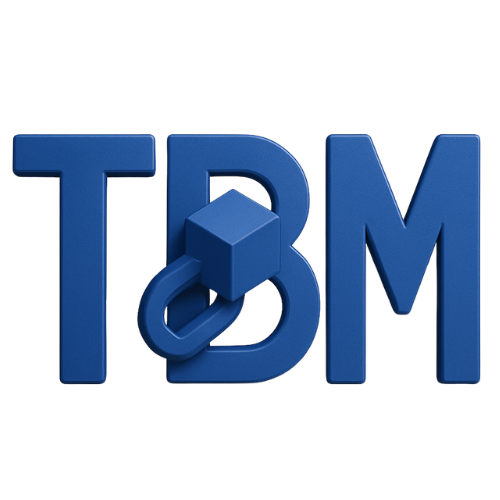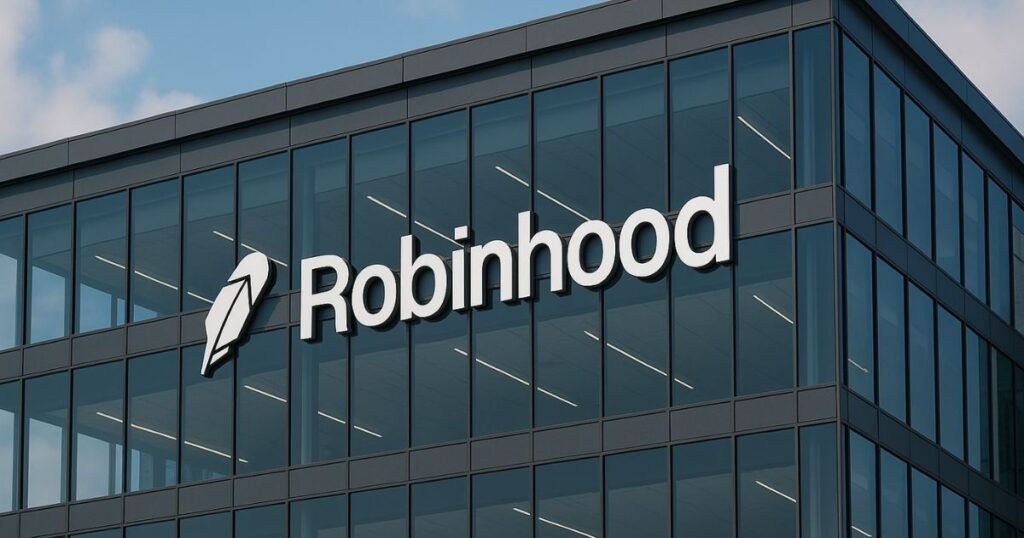Robinhood has submitted a detailed proposal with the U.S. Securities and Exchange Commission (SEC) to create a federal framework to regulate tokenized real-world assets (RWAS) representing a $30 trillion market.
The 42-page filing outlines the legal infrastructure that allows digital tokens representing traditional financial instruments such as stocks, bonds, and real estate to be treated as equivalents to underlying assets.
The purpose of this proposal is to modernize how assets are issued, traded and resolved in the United States by integrating blockchain-based mechanisms into existing securities laws.
A unified framework
Robinhood’s proposal emphasizes that the current approach to RWA tokenization remains largely fragmented, despite incredible growth, operating in isolated pilots and regulated sandboxes.
In contrast, the company advocates a unified national framework that allows broker-dealers to issue and trade tokenized securities under a standardized compliance model, removing the need for parallel systems.
The initiative includes plans for a new platform called the Real World Asset Exchange (RRE), according to the report. This includes off-chain trade matching combined with chain settlement.
The platform incorporates customer (KYC) and money laundering anti-money laundering (AML) tools provided by third-party providers such as Jumio and Chain Analytics to ensure compliance with global regulatory standards.
If adopted, this framework can eliminate legal ambiguity surrounding asset ownership, reduce settlement times, and maintain investor protection under existing securities laws.
Retail access to market infrastructure
Popularly known for its role in retail stocks and crypto trading, Robinhood is now established as a contributor to the regulatory infrastructure that brings traditional finance to the chain.
The filing argues that tokenized assets should not be classified as derivatives or synthetic means, but should be perceived as a direct expression of traditional financial instruments.
The report said the company is not proposing new blockchain technology, but rather suggesting legitimate interoperability to lock tokenized finance to existing compliance standards.
Robinhood’s approach aims to open the door for wider institutional adoption and offers a scalable path to Onchain Financial Markets within the US legal system.
Although the SEC has not responded to the proposal yet, the Robinhood submission could serve as a test case for how regulators view the equivalence of assets. The success of the initiative will likely depend not only on the acceptance of regulators, but also on the ability to attract institutional participation and demonstrate its usefulness on a large scale.
For now, the Robinhood submission is one of the most structured efforts by US regulatory brokers to formalize the role of tokenized RWA within mainstream finance.
It is mentioned in this article

